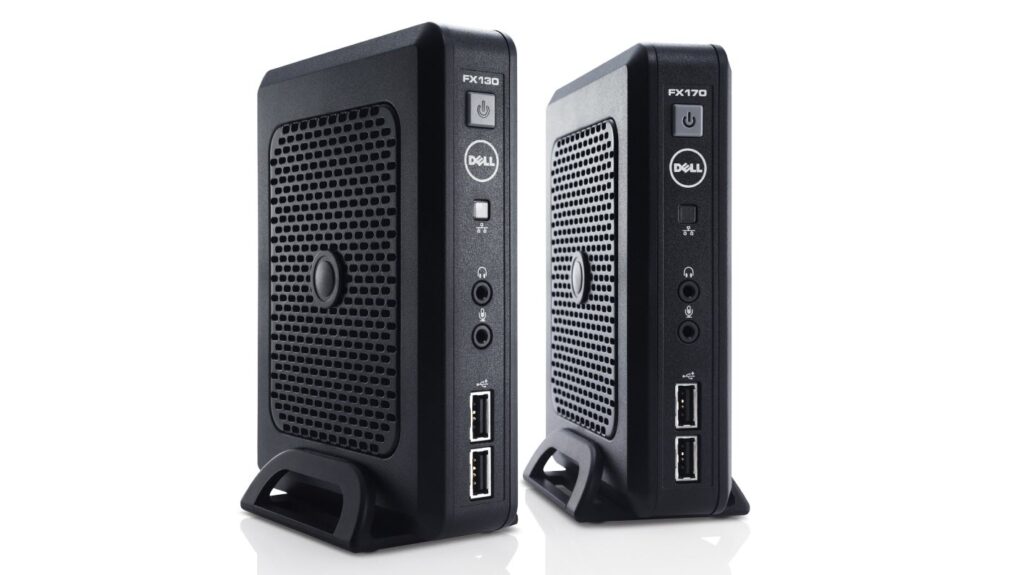Network Security Services
Intrusion, hacking and electronic theft attempts against businesses of all types and sizes are increasing exponentially
Our Network Security Services cost-effectively protect and maintain the security of your network, assets and data against external attack, providing you peace of mind.
We offer a wide range of security services to organizations of all sizes that protect your entire network, safeguarding the perimeter, critical internal assets, data, remote users, customers and partners. Our services help you comply with GLBA, PCI, SOX and HIPAA requirements.
Our Network Security Services mitigate risks before they reach your network, and reduce security costs and complexity.
Network security services are a comprehensive set of strategies, tools, technologies, and practices designed to protect an organization’s network infrastructure, data, and digital assets from unauthorized access, misuse, cyber threats, and data breaches. These services are essential for maintaining the confidentiality, integrity, and availability of information across all networked systems and devices.
Core Components of Network Security Services
- Firewalls and Next-Generation Firewalls: Control incoming and outgoing network traffic based on predetermined security rules, with advanced features like application awareness and integrated threat intelligence.
- Intrusion Detection and Prevention Systems (IDPS): Monitor network traffic for suspicious activity, alert security teams, and block threats in real time.
- Network Access Control (NAC): Enforces policies to determine which devices and users can access the network, ensuring only compliant and authorized entities are permitted.
- Secure Web Gateways: Filter web traffic to block access to malicious websites and prevent data leakage.
- Virtual Private Networks (VPNs) and Zero Trust Network Access (ZTNA): Provide secure, encrypted connections for remote users and enforce strict access controls.
- Endpoint Detection and Response (EDR): Monitor endpoints for suspicious activity and enable rapid response to incidents.
- Security Information and Event Management (SIEM): Aggregate and analyze security data from across the network to detect, alert, and respond to threats.
- Data Loss Prevention (DLP): Prevent sensitive data from leaving the organization through unauthorized channels.
- Cloud Access Security Brokers (CASB): Secure and monitor the use of cloud services, enforcing security policies across cloud platforms.
- Network Segmentation: Divide the network into zones to contain attacks and limit lateral movement if a breach occurs.
Why Are Network Security Services Important?
- Protection Against Cyber Threats: Defend against malware, ransomware, phishing, data breaches, and advanced persistent threats.
- Regulatory Compliance: Help organizations meet data protection regulations such as GDPR, HIPAA, and PCI-DSS.
- Business Continuity: Minimize downtime, data loss, and reputational damage from security incidents.
- Safeguard Sensitive Data: Protect both internal and customer information from unauthorized access and leaks.
Best Practices
- Implement layered security (defense in depth)
- Continuously monitor and update security measures
- Educate employees on security awareness
- Regularly audit and assess network vulnerabilities
In summary, network security services are vital for any organization that relies on digital communication and data, providing the tools and expertise needed to defend against evolving cyber threats and ensure operational resilience.






















Reviews
There are no reviews yet.